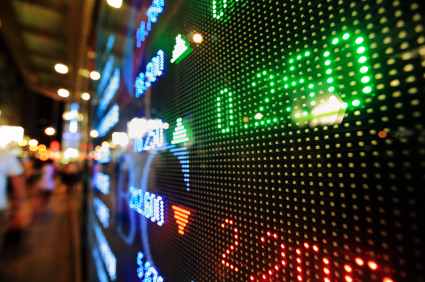Ahead of the release of several highly influential economic reports for the Eurozone, the Euro to AUD exchange rate was trading in a stronger position due to ‘Aussie’ weakness.
The Australian Dollar lost ground against several of its rivals and hit a three-week low against the ‘Greenback’ as the price of iron ore (a major Australian export) tumbled.
Iron ore prices were at their lowest since mid-March and the ‘Aussie’ accordingly eased lower against the US Dollar, Euro and Pound.
According to currency strategist Sean Callow; ‘The iron-ore price fall is starting to get a little eye-catching. That’s one factor that may be hurting the Aussie.’
The Euro meanwhile was supported by the expectation that today’s German CPI report will show that inflation picked up on an annual basis.
Economists have forecast that the German consumer price index advanced by 1.4 per cent in April, year-on-year, up from an annual increase of 1.0 per cent the previous month.
As inflation concerns have weighed heavily on the Eurozone in recent months, sparking debate regarding the necessity of the European Central Bank introducing additional stimulus, an encouraging figure would be very welcome.
Earlier today data showed that French consumer confidence unexpectedly declined in April, slipping from 88 to 85.
However, the German GfK consumer confidence gauge came in at 8.5 for May, unchanged from the previous month and in line with forecasts. The sentiment measure remains at its strongest level since early 2007.
A separate report showed that economic expectations eased from 33.2 to 32.1 while income expectations jumped from 45.6 to 52.3.
In a statement issued with the figures GfK analyst Rolf Buerkl asserted; ‘Events in Ukraine are clearly starting to have an impact. Germans appear to be slightly unsettled with regard to the further development of the domestic economy for the first time. The annexation of Crimea by Russia and the escalation of tensions in eastern Ukraine have caused some consumers to fear that the notable economic recovery could be weakened.’
While the German inflation figures are particularly significant, additional EUR/AUD movement could be inspired by Eurozone economic confidence figures and, during the Australasian session, Australia’s private sector credit data.
Euro (EUR) Exchange Rates
[table width=”100%” colwidth=”50|50|50|50|50″ colalign=”left|left|left|left|left”]
Currency, ,Currency,Rate ,
Euro, ,US Dollar,1.3871,
,US Dollar,1.3871,
Euro, ,British Pound,0.8238,
,British Pound,0.8238,
Euro, ,Australian Dollar,1.5004,
,Australian Dollar,1.5004,
Euro, ,New Zealand Dollar,1.6272,
,New Zealand Dollar,1.6272,
Euro, ,Canadian Dollar,1.5275,
,Canadian Dollar,1.5275,
[/table]



